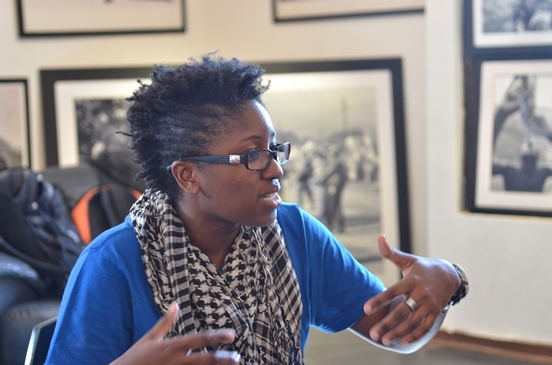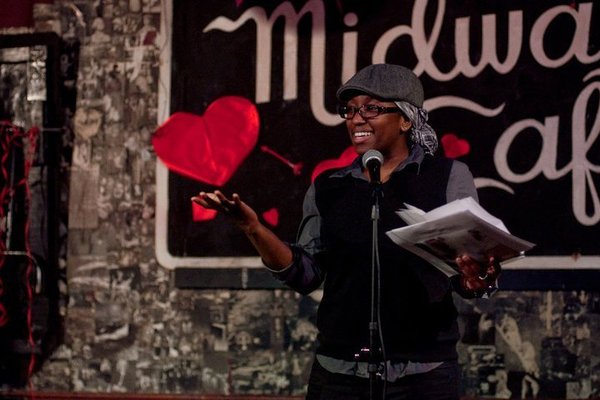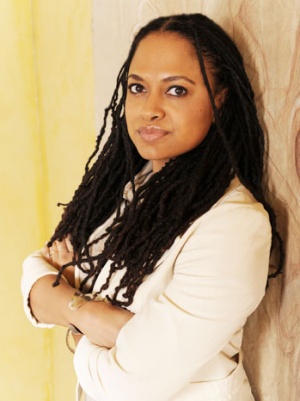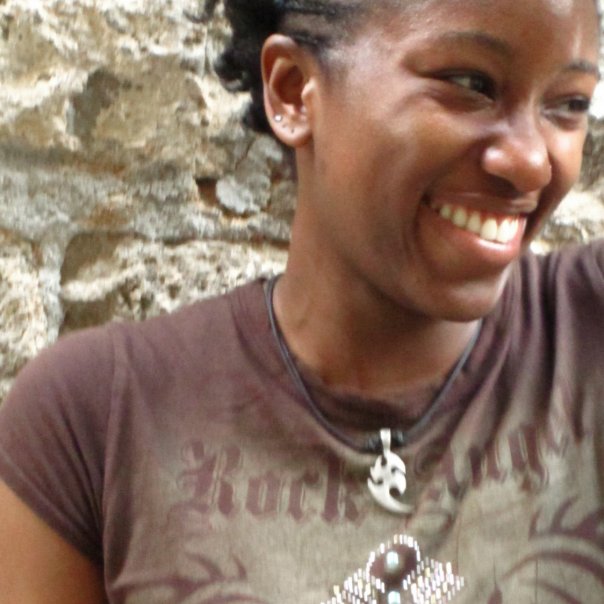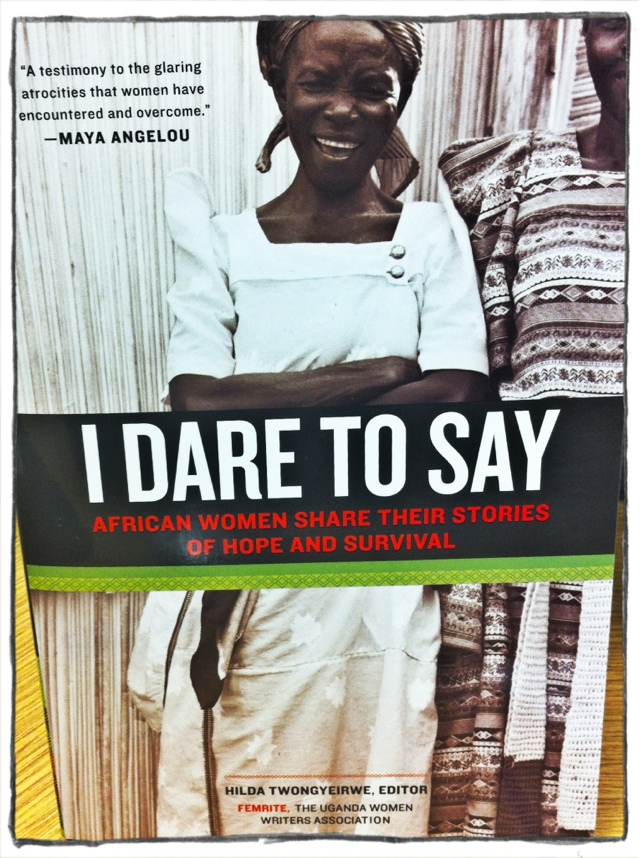BET.com interviews me about my work as a media activist focusing on gender and LGBT issues in Africa. The piece, which was very positive and optimistic, prompted some thoughts about what "good" media activism means to me. Surprisingly "good" media has nothing to do with it. Read the interview, and…
-
-
Advocacy - Afrofeminism - Blog - Gender and LGBT Issues - Keynotes, Talks, and Presentations - LGBT Africa - Media - My Work - New Media - Philanthropy - Speaker Services - Thought Leadership
Making It In Media, Accidentally: One Queer African Writer’s Journey to Paradise
My career path in media hasn't been linear or conventional by any means. I went to MIT to study Mathematics, before realizing that I was really an artist. My parents are still in recovery. But everything will work out. It always does. Don't drive your career with someone else's rear…
-
In Honor of Nina Simone: Why Black Women Must Re-Frame the Conversation about Racism in Hollywood
I don't doubt for one second that criticism of Hollywood plays an important role in keeping Hollywood accountable. But black women owe it to each other to more frequently use our voices to highlight our resistance, our power, ways in which artists of color have been resourceful, increasing support and…
-
Advocacy - Africans for Africa - Afrofeminism - Announcements - Blog - Keynotes, Talks, and Presentations - LGBT Africa - My Work - Philanthropy - Special Series
Spectra Speaks on “The Power of Storytelling: LGBT History, The Media, and the African/Black Diaspora”
Are you affiliated with a college, university, or high school who's seeking speakers for the upcoming academic year? Are you a conference in search of an inspirational keynote speaker? A loyal reader of my blog? :) Check out my latest talk, "The Power of Storytelling: LGBT Rights, the Media, and…
-
“I Dare to Say” Book Review: A Lesson in Hope and Resilience from African Women
My mother was the kind of woman that would toss harsh truths at you from the other end of the dinner table right before asking you to pass the salt. “I Dare to Say†captures the reality of that kind of resilience – the kind that has learned to live…
Online rulet oyunları gerçek zamanlı oynanır ve online slot casino bu deneyimi canlı yayınlarla destekler.
İnternet üzerinden eğlence bahsegel giriş arayanlar için deneyimi vazgeçilmezdir.
Kullanıcıların hesaplarına hızlı ve sorunsuz bettilt ulaşabilmesi için adresi her zaman güncel tutuluyor.
